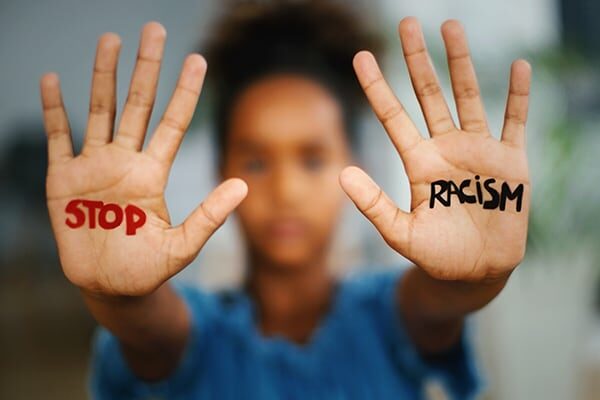A Year After the Jacob Blake Shooting

A year has passed since the Jacob Blake shooting. That’s one year—365 days since Kenosha police officer Rusten Sheskey shot Jacob Blake in the back seven times.
Blake is now paralyzed; Sheskey is still an officer with the Kenosha police department, and the state of Wisconsin, the federal government, and most local municipalities across the country have yet to enact meaningful police reform.
Make no mistake, while the four bills recently signed into law by Wisconsin Governor Tony Evers are directionally correct (banning chokeholds, increasing transparency, and creating grants for community policing), they don’t go far enough. The sad reality is that even had these laws been in place, Sheskey still likely would have shot Blake that fateful day.
